Executive Team
Digby Sowerby
Operations Officer
(NCA on behalf of EFG)

Digby manages the day-to-day operations of NCA to ensure that we can service the requirements of our customers effectively. He joins from a fast-growing rural ‘altnet’ where he led a project looking at the role of telecommunications infrastructure in agri-tech. Digby studied International Management and French at the University of Bath and was brought up on the tenanted family arable farm in North Lincolnshire. He enjoys the outdoors, including triathlon, tennis, water polo and travel.
Tom Vacher
Commercial Officer
(NCA on behalf of EFG)

Tom is a Chartered Surveyor and a partner in his family’s farm business. He oversees all commercial activity and brokering of natural capital trades. Previously, Tom led the natural capital services for Carter Jonas in the South West of England and acted as a business consultant for private and institutional clients. He is a GWCT Somerset committee member and a keen sportsman.
Rachel Ridd
Business Manager
(NCA on behalf of EFG)

Rachel previously ran her own local business in the Salisbury area for over five years and before that she worked in investment banking in London. She has done a wide range of jobs within that time and her last role was trading within the equity swaps arena. Rachel studied Economics at Aberdeen University and was brought up on the family arable and livestock farm in County Meath, Ireland. She enjoys cooking, fitness, and travel.
Hamish Drake
Projects Manager
(NCA on behalf of EFG)

Hamish is Projects Officer at NCA and joined in 2025 after assisting on Grant Applications for GWCT in 2024. Hamish manages the active grant projects and grant applications for EFG. After working as a production manager where he produced shows for ITV, Channel 4 and Travel Channel, Hamish worked in a number of different roles, including research into the sustainability of salmon farming. Hamish studied Politics and Sociology at the University of Bristol, and completed a Masters at University College London in Environment and Sustainable Development. He grew up in the Cotswolds and is a keen trail runner and fly-fisherman.
Martha Hayes
Local Officer,
Northern Lincolnshire
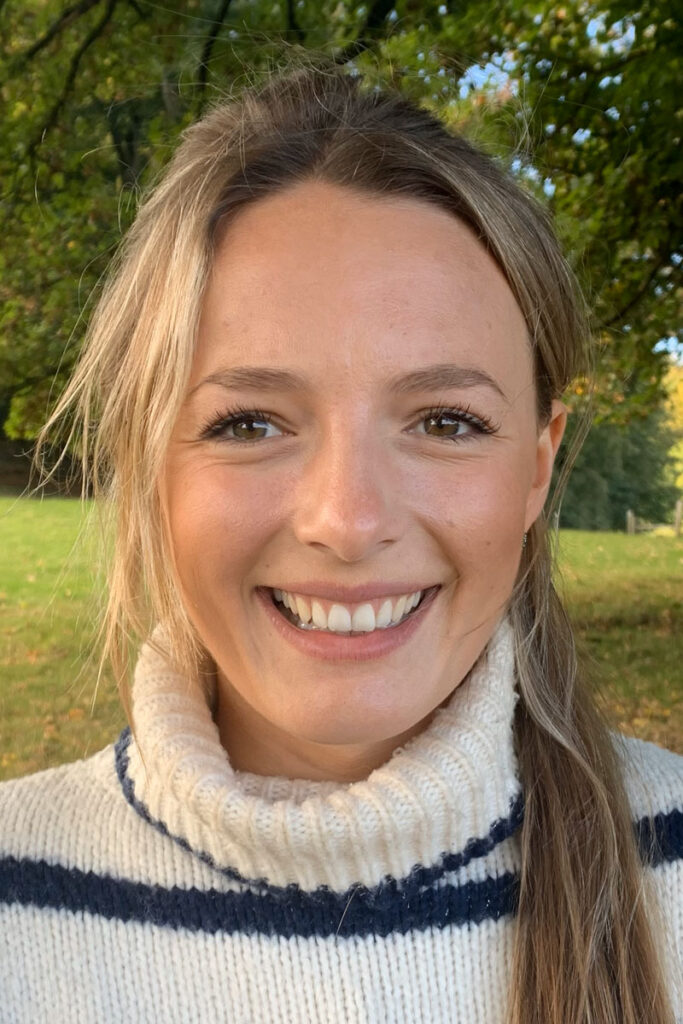
Martha is EFG Regional Officer for Northern Lincs. With a background in communications, prior to joining the EFG team Martha worked as Head of Stakeholder Engagement for the Royal Agricultural Society of England and Innovation for Agriculture. She has a keen interest in Net Zero solutions for the UK agricultural sector and is BASIS certified in Greenhouse Gases, Carbon and Climate Change mitigation. Alongside her role at EFG, Martha is a director in the family farming business, which is an arable and beef enterprise North of Lincoln.
Stephen Bartlett
Local Officer, Hampshire
Avon & Test & Itchen

Prior to joining EFG, Stephen led the Salisbury NFU office as the senior partner for over 30 years. In his role as an NFU Group Secretary he championed British farming, by representing farmers at a local and regional level. He is now a local officer for EFG working to deliver positive environmental change at a farm and landscape level, funded through profitable natural capital trading.
Board of Directors
Robert Shepherd
Allenford Farms
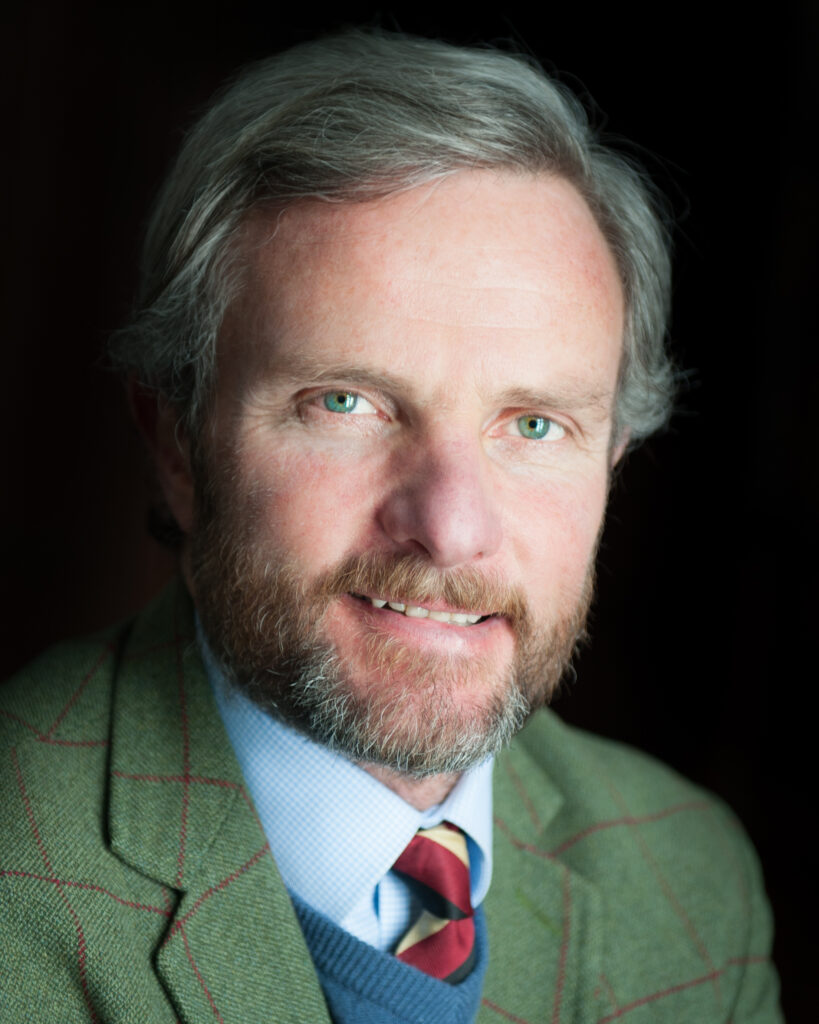
Robert is the managing partner of Allenford Farms, an 800ha mixed farming partnership. He is lead farmer of the first Farmer Cluster Group. Robert served as an army officer in the Light Infantry and Special Forces. He is Course Director of the IAgrM Leadership Development Programme. He is the Hampshire chair of the NFU Mutual Regional Advisory Board. Robert is a past vice-chairman of Wiltshire Grain. He recently served for six years as an AHDB Pork Board member. He completed the IAgrM Leadership Development Programme in 2008. In 2024 he was nominated for a Farmers Weekly Game Changers Award.
Josh Stratton
Wiltshire Farmer
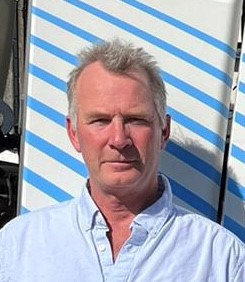
Josh has been running the 1,800 ha family farm and businesses in Wiltshire for 34 years. Arable farming is the key farming operation, however Josh has developed a strong environmental business, with a full-time ecologist and an extensive range of projects, both on the farm and across the a number of local farms through the local cluster group, of which Josh is chairman.
Josh is also on the board of Salisbury Cereals, a grain trading cooperative. Josh has built a range of large-scale renewable energy projects on the farm, and a range of commercial units, with 32 tenants in a range of buildings from 400 ft2 up to 50,000 ft2.
Hallam Mills
Bisterne Estate

Hallam Mills, from Bisterne Farms, is a dairy and arable farmer with forestry, farming alongside the River Avon in Hampshire. Hallam is President of the Stable Family Home Trust, an organization helping adults with learning disabilities lead more independent lives. He is a former Verderer of the New Forest, and Deputy Lieutenant of Hampshire.
Matt Fry
Wiltshire Farmer
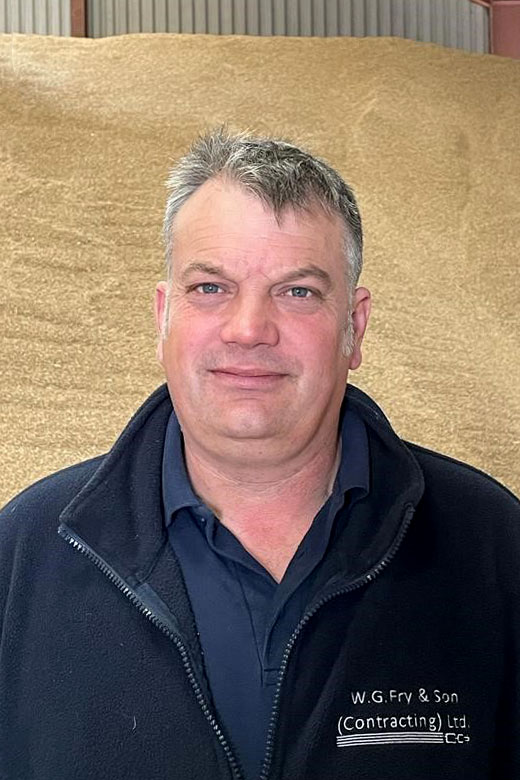
Matt is a managing partner in the family farming business in Wiltshire. He also runs a successful farming contract business. He believes that there should be no conflict between the production of high quality food and environmental outcomes and sees EFG as a significant solution to this, delivering a fair and collaborative financial return.
Gavin Fauvel
Estates Director, Cranborne Farms
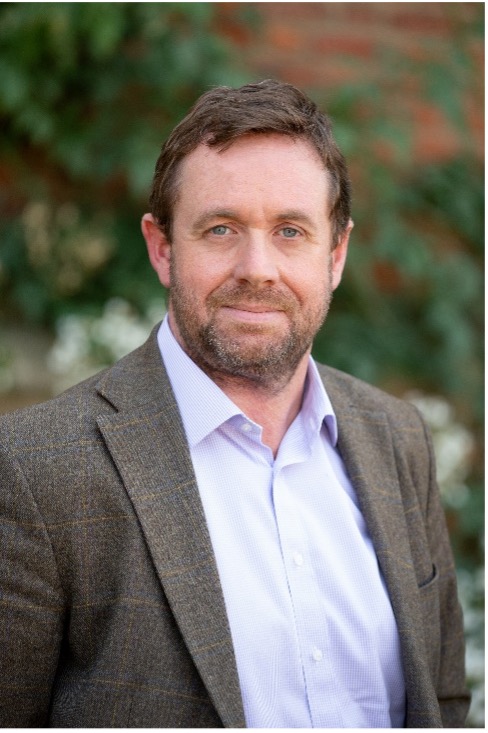
Gavin is Estates Director for Cranborne Estate, part of Gascoyne Estates, the family-owned business of the Salisbury family. At Cranborne, Gavin is driving a significant farming and land programme. This includes re-introducing livestock and holistic-planned-grazing into the arable rotation, with a clear focus on long-term soil health. He is a founder of the Martin Down Farm Cluster and a board member of the Environmental Farmers Group. He is a local parish councillor; a director of local CIC involved in housing refugees and is an on-call fire fighter.
Colin Smart
Retired Farm Machinery Dealer
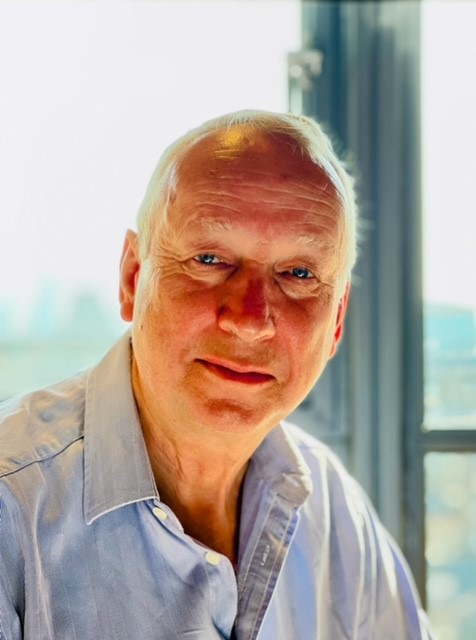
Colin has spent a lifetime in agriculture and the past 24 years in the farm machinery business as a John Deere dealer. Colin’s role on the board is to work with farmers and encourage them to join the EFG, highlighting the opportunities in the Natural Capital space and facilitating trading in the safety of a cooperative run by farmers for the benefit of farmers.
Tim Palmer
Retired Dorset Farmer
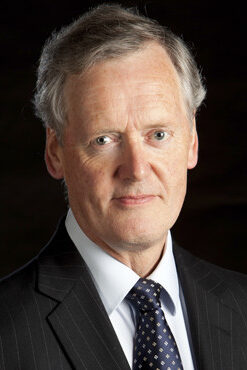
Tim is a 72-year-old retired Dorset arable and sheep farmer. He started life in scientific research, specialising in entomology and the ecology of dung beetles. He now lives in Wiltshire’s Wylye Valley where he is an active member of the local Farmer Cluster and focuses on rivers and clean water on behalf of the EFG board. He is married with four adult children and one grandchild.
Teresa Dent CBE
Chief Executive, GWCT
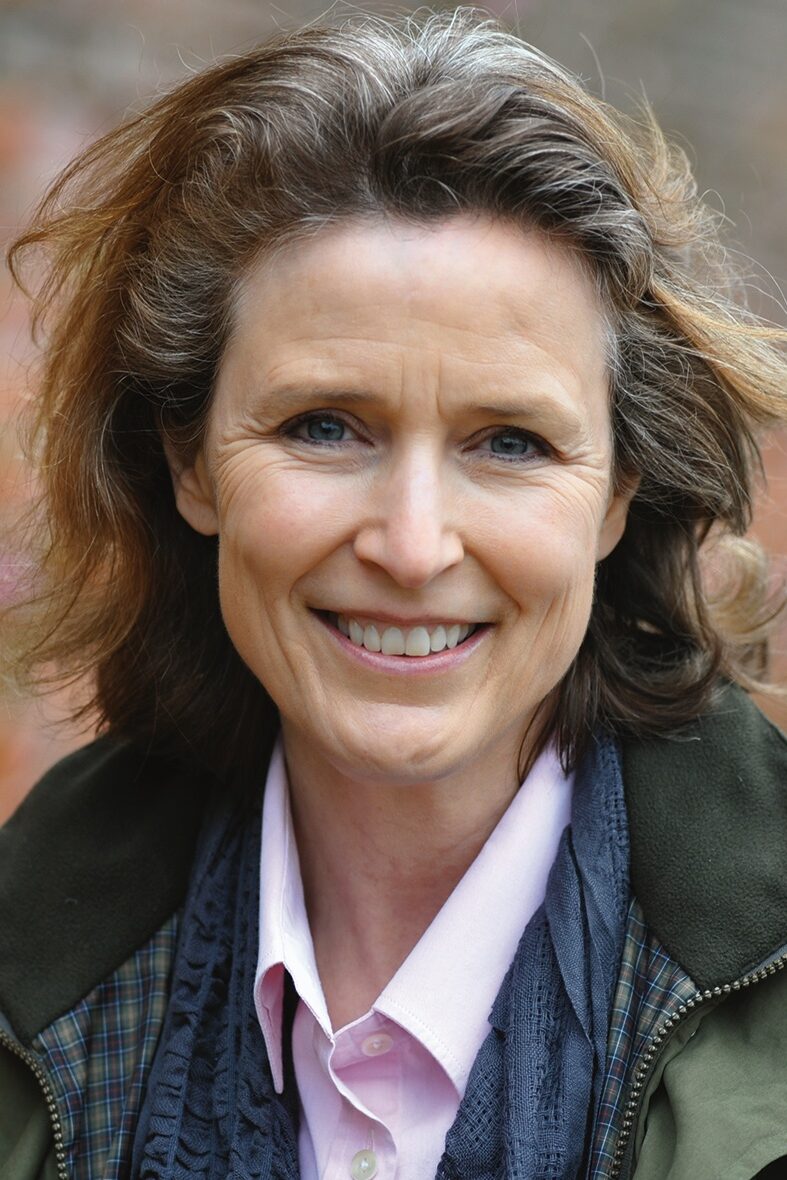
Teresa was Chief Executive Officer of the Game & Wildlife Conservation Trust from 2001-2025. She is also a board member of the Marlborough Downs Nature Enhancement Partnership and a director of the Game & Wildlife Scottish Demonstration Farm.
Teresa is a fellow of the Royal Agricultural Society of England. Previously in her career she was a partner with Strutt & Parker, working as a farming and business management consultant. Teresa was previously appointed to the Natural England board and was awarded the CBE for services to wildlife conservation in 2015.
Christopher Sparrow
Managing Director, Recce Rural
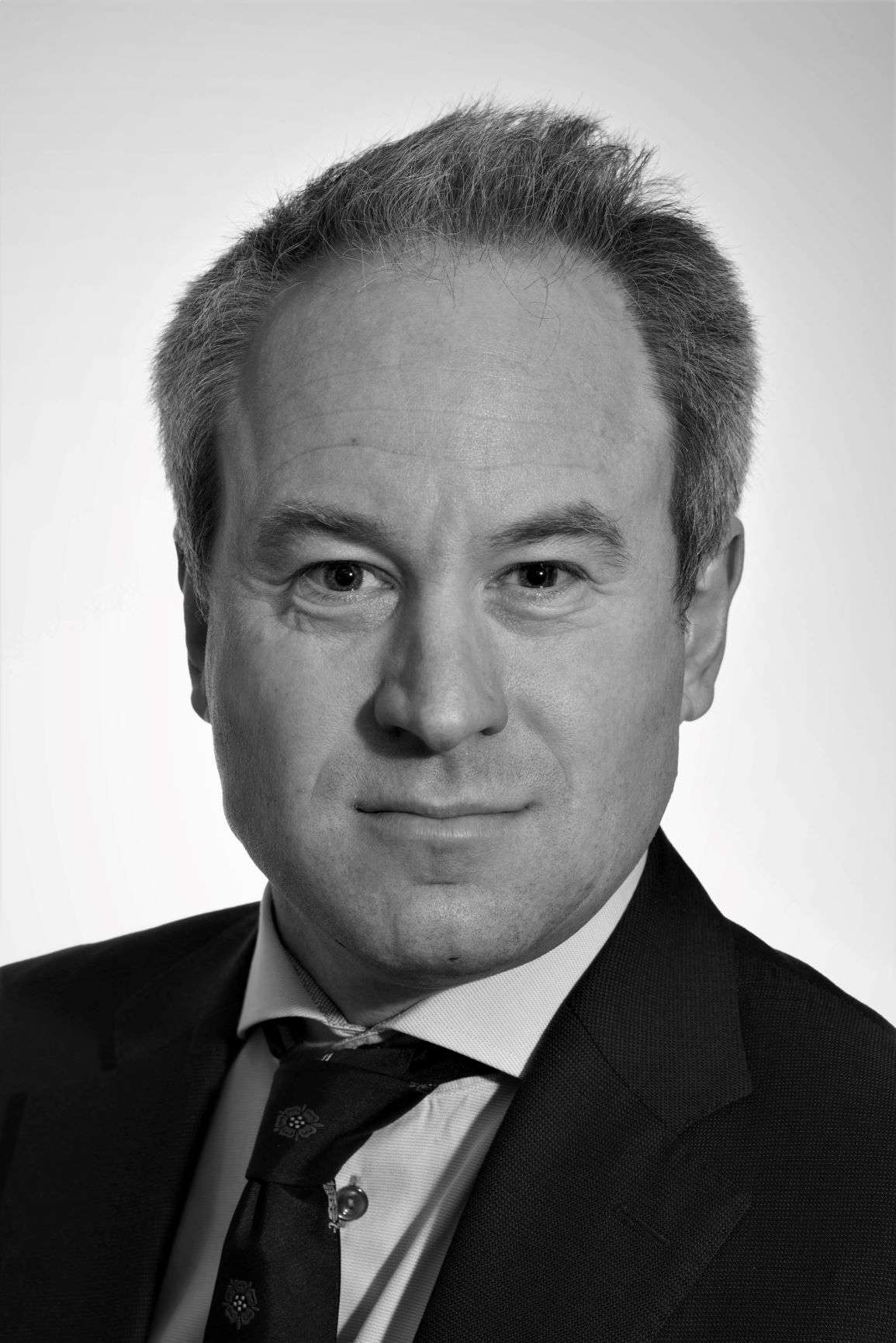
Christopher acts as Managing Director for NCA. He is a Chartered Surveyor and business owner with 27 years of experience covering predominantly rural interests. Previously, Christopher has worked from London as Head of Rural and Coastal for the Duchy of Lancaster, a 47,000-acre private estate now owned by King Charles, as Duke of Lancaster. This followed 11 years as the Resident Agent at Boughton, the Northamptonshire home of the Duke of Buccleuch.
Steering Groups
The EFG model is supported by teams of local farmers and advisors who form steering groups within each EFG area. The steering groups represent local membership and liaise with the EFG team and board.
